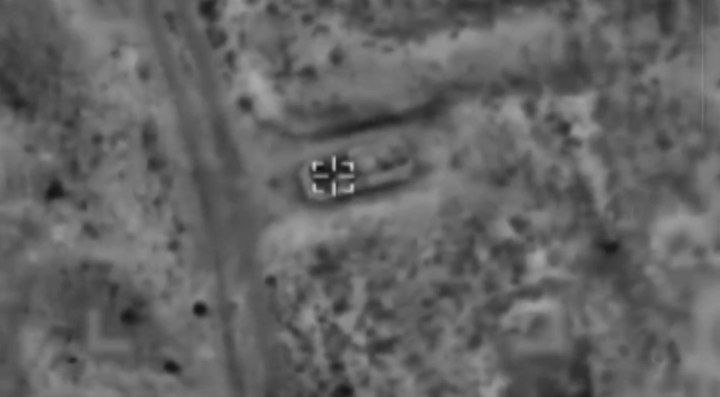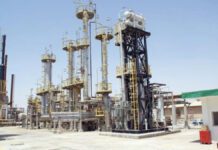
The fall of Bashar al-Assad’s regime in December 2024 reshaped Syria’s political landscape, but recent Israeli statements suggest that Assad’s removal was not in Israel’s interest. Despite previously supporting efforts to weaken his allies, particularly Iran and Hezbollah, Israeli Prime Minister Benjamin Netanyahu admitted in a recent press conference that Assad’s regime had helped maintain border stability.
At the same time, Israel has intensified its military actions in Syria, launching airstrikes and expanding its occupation of Syrian territory. Satellite imagery from Haaretz confirms that Israel has built at least seven new military bases in the Golan Heights and buffer zone, signaling long-term military entrenchment. Reports also indicate that Israel plans to establish a “control zone” 15 kilometers inside Syria, alongside an intelligence network spanning 60 kilometers, aiming to prevent Damascus from regaining control over its southern border.
The new Syrian administration has strongly condemned these violations. Foreign Minister Asaad al-Shaibani warned at the Munich Security Conference that Israel is “destabilizing southern Syria” and breaching the 1974 disengagement agreement. However, Israel has continued operations with little international pushback.
Recent Israeli airstrikes, including attacks on the town of Saasaa, were reportedly meant to “send a message” to Syria’s new administration. Hebrew media sources claim Israel is asserting dominance, ensuring Syria’s leadership does not challenge its regional power. Meanwhile, Israeli forces remain entrenched in Syria, with the Jerusalem Post reporting that Israel has no plans to withdraw, a move criticized by both the EU and the UN.
With Syria’s new leadership pushing for sovereignty and Israel deepening its military presence, tensions in the region continue to escalate, raising concerns about the long-term implications of Israel’s ongoing aggression and illegal occupation.








